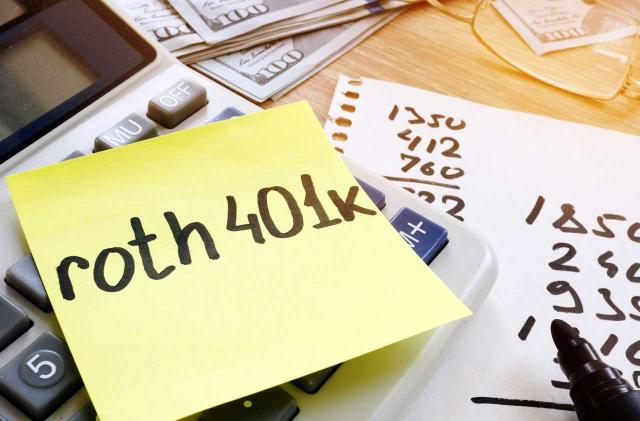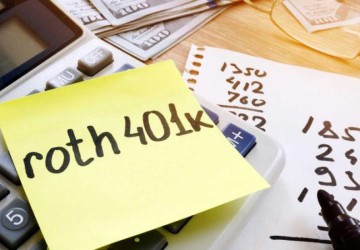
Drawing Down Assets in Retirement
I got a mailing from T. Rowe Price the other day and an article in it discussed strategies for drawing down retirement assets. Basically, it recommended using taxable accounts, tax-deferred accounts, and tax-free accounts in that order to fund your retirement. This is actually a pretty complicated subject (and one that I won’t have to actually worry about for a long time). Having read the article, I’m not sure I agree and I have lots of questions about their reasoning.
Use Taxable Accounts
They wrote you should use taxable accounts first because they are not sheltered from taxes. So what? Ok, it’s possible that if you use an actively managed fund, you’re going to have a lot of capital gains you have to pay taxes on. But assuming you use index funds and reinvest dividends and gains, these should be negligible. Besides, if you have substantial taxable investments, some of the shares of the funds you own could have a capital loss associated with them. With detailed and careful tax planning, you could reduce your taxable income by selling them while still providing you with actual cash to live on.
Cashing Out Tax-Deferred Accounts
Next they recommend cashing out tax-deferred accounts. I understand with these that there are rules that dictate when you start drawing these down. For example, you have to start taking required minimum distributions from traditional IRAs by the time you are 70 1/2. I guess it makes sense you’d save these because the earnings keep compounding tax-deferred.
Finally, the say to use tax-free accounts. Again I’m not really sure why except that the earnings are tax-deferred (and tax-free) and you don’t ever hit a required minimum distribution for Roth IRAs (you do for Roth 401(k)s).
On balance, I’d think a combination of tax-free and taxable accounts might make more sense. This would assume you don’t plan on leaving a large estate to posterity that you’re keeping in Roths. With this strategy, you could mitigate the tax bite but still have plenty of cash to live on. I’m sure I’m not seeing something here, but like I said, I won’t be worrying about this for a long time.
-
 07/25/2024 4
07/25/2024 4 -
 07/23/2024 8
07/23/2024 8 -
 05/31/2024 100
05/31/2024 100 -
 09/05/2022 627
09/05/2022 627 -
 09/05/2022 665
09/05/2022 665 -
 09/05/2022 787
09/05/2022 787 -
 09/05/2022 654
09/05/2022 654 -
 09/05/2022 634
09/05/2022 634
-
 12/09/2016 5719
12/09/2016 5719 -
 03/22/2018 2867
03/22/2018 2867 -
 10/10/2016 2851
10/10/2016 2851 -
 01/09/2017 2765
01/09/2017 2765 -
 01/13/2017 2380
01/13/2017 2380 -
 01/13/2017 2378
01/13/2017 2378 -
 01/14/2017 2211
01/14/2017 2211 -
 11/01/2016 2177
11/01/2016 2177
FEATURED NEWS

Personal Finance

Personal Finance

Managed Funds

Insurance

Business






LEAVE A COMMENT